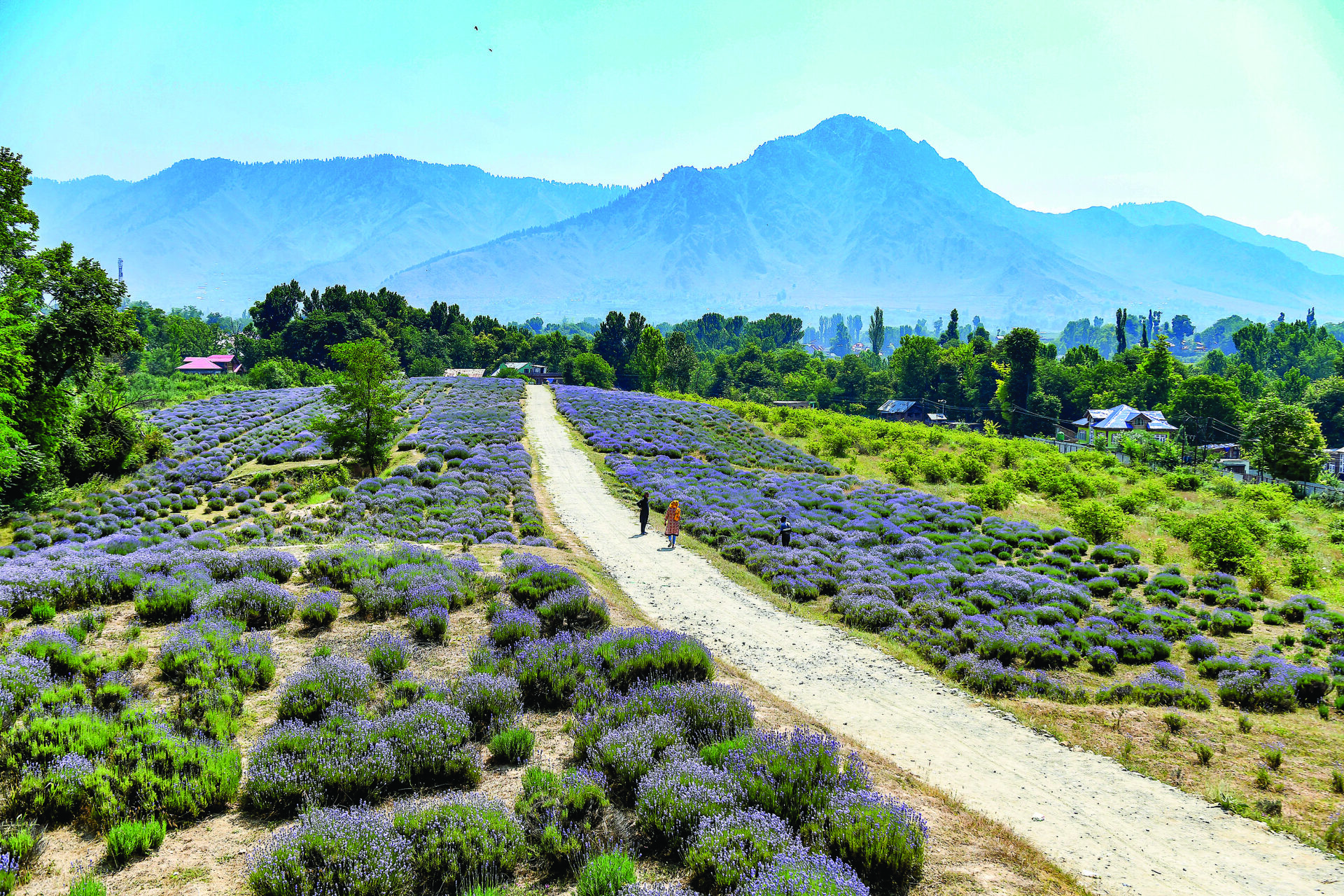Abrogation of Article 370 has failed to address the biggest moral failure of independent India, the discrimination and ethnic cleansing of over a quarter million Kashmiri Hindu minorities from the Valley.
On 5 August 2019, Article 370 of the Indian Constitution that gave partial autonomy to the state of Jammu and Kashmir was abrogated and the erstwhile state was bifurcated into the Union Territories of J&K and Ladakh.
Article 370 was a flawed decree that was supposed to be a temporary provision but had attained permanency through the guile of Kashmiri politicians and the inertia of successive central governments. The partial autonomy conferred by Article 370 was abused by the local political establishment to create a state within a state and defy everything that was right in the Indian Constitution and Indian tradition: equality, religious tolerance and non-violence.
Discriminatory laws were promulgated: Kashmiri Muslim women but not men who chose to marry non-Kashmiris were disenfranchised; non-Kashmiris could not buy land in Kashmir but Kashmiris could buy land anywhere in India. This led to a quixotic situation in which a Pakistani citizen from Pak-Occupied Kashmir could buy land in Kashmir while an Indian citizen could not.
More toxic than these discriminatory laws was the violent religious xenophobia and brutal Muslim majoritarianism that it nurtured. Under the umbrella of this notorious Article, Kashmiri Hindus were brutally killed, intimidated and driven out of their homes to become refugees in their own country. To be displaced from your home in your own country is the ultimate tragedy that can befall a citizen and cannot be justified whatsoever.
The majority Muslim community at worst abetted in this crime or at best acted as mute spectators allowing this atrocity to unfold. According to IDMC, the internal displacement monitoring centre of the Norwegian Refugee Council, 350,621 Kashmiri Hindu Pandits were driven out of their ancestral homes because they were Hindus.
Last but not the least, Article 370 gave some sort of licence for Kashmiris to collude with Pakistan to create an unstable situation in Kashmir. Since 1988, over 40,000 lives have been lost to terrorism. This was no non-violent struggle for self-determination but blatant terrorism.
Five years later, the million-dollar question: Has abrogation of Article 370 changed the narrative of Kashmir and is J&K ready for elections?
The answer is yes and no.
Tourism has skyrocketed. A degree of law and order has been restored in Jammu and Kashmir. Stone pelting campaigns have all but ceased. Terrorism has ebbed to a great degree over the last few years. Recent uptick in terrorist activity can be attributed to the perception across the border that Narendra Modi’s reduced margin of victory is an indication of the weakening nationalistic resolve of a previously assertive nation. That misconception must be countered
Calls for elections in this setting appear to be justified. However, the big elephant in the room has to be addressed.
The abrogation of Article 370 has failed to address the biggest moral failure of independent India—the discrimination and ethnic cleansing of over a quarter million Kashmiri Hindu minorities from the Valley; it has not translated into security for Kashmiri Hindus and Sikhs. More than 20 Kashmiri Hindus and non-Muslims have been murdered (since 2019) in targeted killings that are aimed to dissuade Kashmiri Hindus from returning.
The safety of a citizen is not totally dependent on the government alone and security forces; civil society too must play its role. A morally robust civil society can help protect its minorities from falling prey to atrocities of terrorists.
However, the majority Muslim community or the local politicians have failed to show any initiative. There have been no open pledges to safeguard the lives of returning Kashmiri Hindus. Instead, Kashmiri Muslims have made every effort to stall their return by posing untenable objections and accusing the government of contemplating Israeli type settlements. They have also insisted that Kashmiri Hindus return and settle among the local population where they will be easy fodder for terrorists.
Panun Kashmir, an organization of Kashmiri Pandit refugees way back in 1991 in its Margdarshan resolution called for a separate homeland with the same name that will protect and safeguard the rights of Kashmiri Hindus. The time has come for us to seriously consider the establishment of Panun Kashmir.
The 1991 resolution demands:
(a) the establishment of a Homeland for the Kashmiri Hindus in the Valley of Kashmir comprising the regions of the Valley to the East and North of Jhelum River;
(b) that the Constitution of India is made applicable in letter and spirit in this Homeland to ensure the right to life, liberty, freedom of expression and faith, equality, and the rule of law;
(c) that the Homeland be placed under the Central administration with a Union Territory status; and
(d) that all the seven hundred thousand Kashmiri Hindus, including those who have been driven out of Kashmir in the past and yearn to return to their homeland and those who were forced to leave on account of terrorist violence in Kashmir, be settled in the homeland on an equitable basis with dignity and honour.
To hold elections in J&K without redressing the ethnic cleansing of a minority from the region is to make mockery of democracy and humanistic ideals. It is to reward a dominant community for blatant majoritarianism. It violates every tenet of our Constitution and the secular ideals of our civilization. Elections can only be held after rights of Hindu Indian citizens of Kashmir are restored to the fullest—that means Panun Kashmir.

